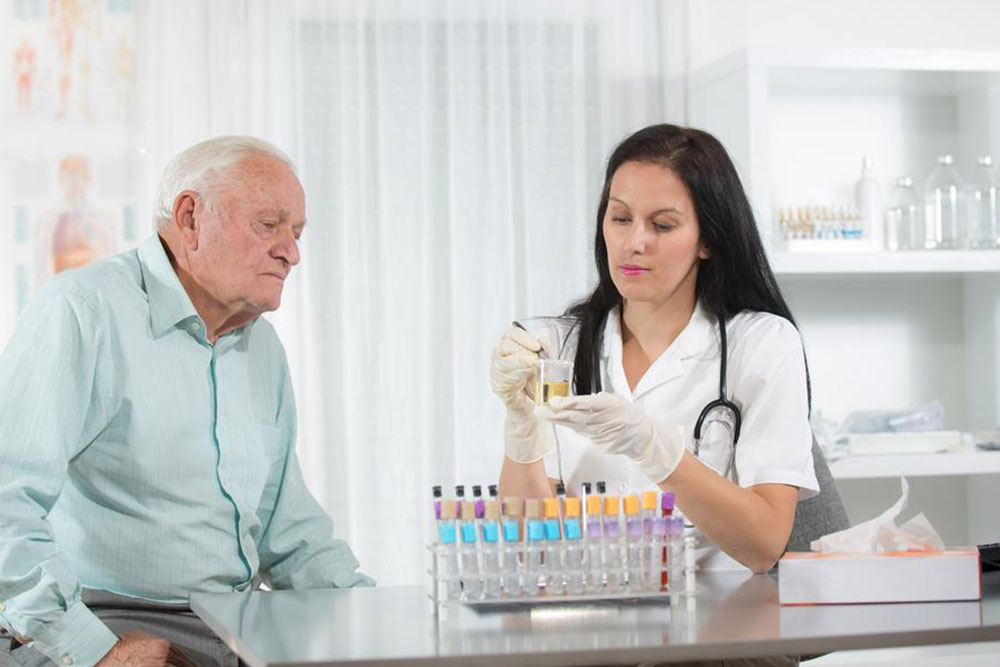Surprising Sexual Disorders You Might Not Be Aware Of
Discover rare and lesser-known sexual disorders such as sleep sex, hypoactive desire, and postorgasmic illness syndrome. Understanding these conditions can help affected individuals seek professional help and maintain healthy relationships. Open communication and timely medical consultation are crucial for effective management of these often underreported problems.

Many common sexual health issues are widely recognized, with some easily managed through lifestyle adjustments, medication, or therapy. Both men and women are vulnerable to these problems. Yet, certain rare sexual conditions often remain unreported due to embarrassment. Although their severity varies, timely consultation with a healthcare professional is essential for appropriate treatment. Understanding potential complications is vital for affected individuals seeking help. Recognizing these unusual conditions can encourage openness and prompt effective management.
Here are some lesser-known sexual disorders that may impact well-being.
Sleep sex (Sexsomnia): This rare condition involves engaging in sexual activity during sleep. Men are more often affected, sometimes without memory of the episodes. Improving sleep hygiene, avoiding alcohol, and medication can help reduce occurrences. Medical consultation is advised if problems persist.
Hypoactive Sexual Desire Disorder (HSDD): Characterized by a persistent lack of sexual interest, HSDD affects both genders, with women being more impacted. It can sometimes lead to sexual aversion disorder, where there is an intense dislike of intimacy, requiring medical attention.
Postorgasmic Illness Syndrome (POIS): Predominantly affecting men but also possible in women, POIS causes flu-like symptoms such as fatigue, fever, sore throat, mood swings, and concentration issues post-orgasm. It may stem from immune or chemical imbalances. Treatment options include medications like SSRIs and antihistamines, but abstinence during episodes is often recommended.
Discussing these conditions openly with healthcare providers is key to effective management, especially since they can strain relationships. Early diagnosis and communication can help maintain intimacy and quality of life. Never delay seeking professional help due to embarrassment or stigma.










